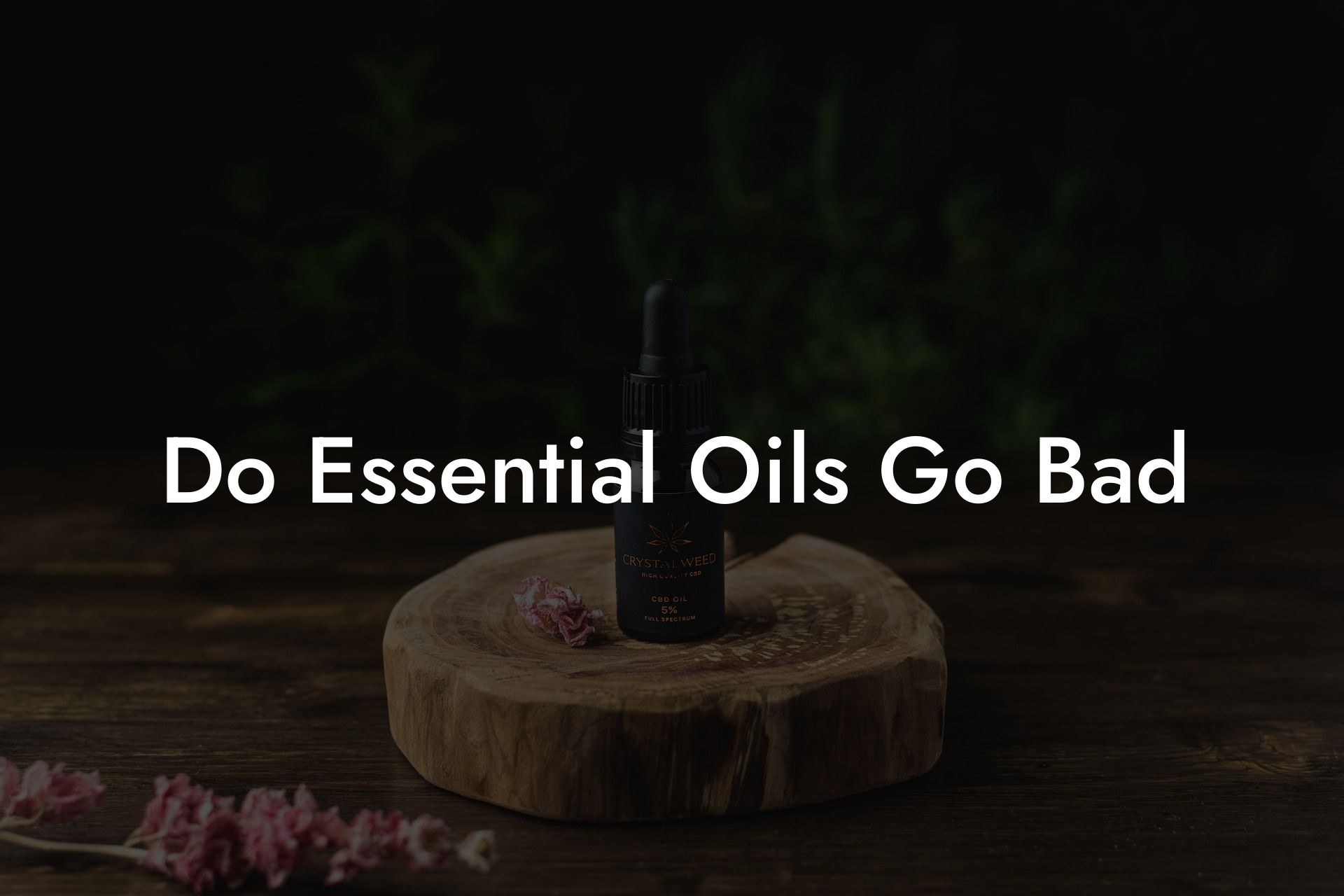Discover the truth about the shelf life of essential oils and learn how to properly store and maintain your collection to ensure you’re getting the most out of your aromatic investments.
Table of Contents
Do Essential Oils Expire?
While essential oils don’t rot or spoil in the same way that food does, their therapeutic properties and potency can degrade over time, especially when improperly stored or exposed to air, light, or heat. Depending on the type of oil and how well it is cared for, the shelf life of an essential oil can range from 1 year to as long as 10 years.
Factors that Affect Essential Oils’ Shelf Life
- Oil Composition: Essential oils contain varying levels of volatile compounds, which ultimately affect their shelf life. Citrus oils, for example, have a high concentration of limonene, which can oxidize faster than other compounds, leading to a shorter shelf life. On the other hand, oils with high levels of monoterpenols, such as lavender, can last several years.
- Storage Conditions: Essential oils should be stored in a cool, dark place away from direct sunlight, as heat and light can cause oxidation or other chemical reactions that can degrade the oils. Additionally, keep the oils in dark amber or cobalt glass bottles to further protect them from light exposure.
- Air Exposure: Oxidation occurs when oxygen reacts with the volatile compounds in essential oils, causing them to degrade. To minimize exposure to air, tightly close the lid after each use, and avoid leaving the bottle open for an extended period.
- Quality: Higher-quality oils, derived from well-sourced organic plants, often have a longer shelf life. Investing in high-quality essential oils like those from Oshu Oils ensures a more potent and longer-lasting product.
Signs Your Essential Oil Has Gone Bad
If you’re worried that your essential oil may have passed its prime, look for the following telltale signs:
- Change in Aroma: Essential oils that have degraded often lose their original scent and may develop a rancid or off smell.
- Thicker Consistency: The consistency of the oil can change over time, becoming thicker or sticky due to oxidation or evaporation of volatile compounds.
- Discoloration: An essential oil may change color when it has oxidized or if specific constituents have evaporated.
How to Extend the Shelf Life of Essential Oils
To get the most out of your essential oil collection, follow these simple storage and maintenance tips:
- Store essential oils in a cool, dark place, away from direct sunlight or heat sources.
- Use dark amber or cobalt blue glass bottles to protect the oils from light.
- Keep the lids tightly closed when not in use and avoid leaving the bottle open for an extended period.
- Consider investing in high-quality oils from reputable sources to ensure a longer-lasting, more potent product.
- Label your essential oils with the date of purchase to help you keep track of their age and shelf life.
Do Essential Oils Go Bad Example:
Imagine you have a bottle of citrus essential oil that you purchased two years ago. You stored it in a dark cabinet but forgot to tightly close the lid after each use. Over time, the essential oil has been exposed to oxygen, causing it to oxidize. The once vibrant and uplifting aroma has changed, and the oil’s consistency is thicker than before.
By following the storage and maintenance tips outlined in this article, you can prevent future degradation of your essential oils and ensure they maintain their therapeutic properties.
By understanding that essential oils can degrade over time and following proper storage and maintenance practices, you can extend the shelf life of your oils and make the most out of your aromatic investments. If you found this article helpful, we invite you to share it with others and explore more essential oil guides on Oshu Oils. Take a moment to browse the Oshu Oils range of Artisan Essential Earth Oils, carefully crafted to provide balance and wellbeing for any lifestyle.





















